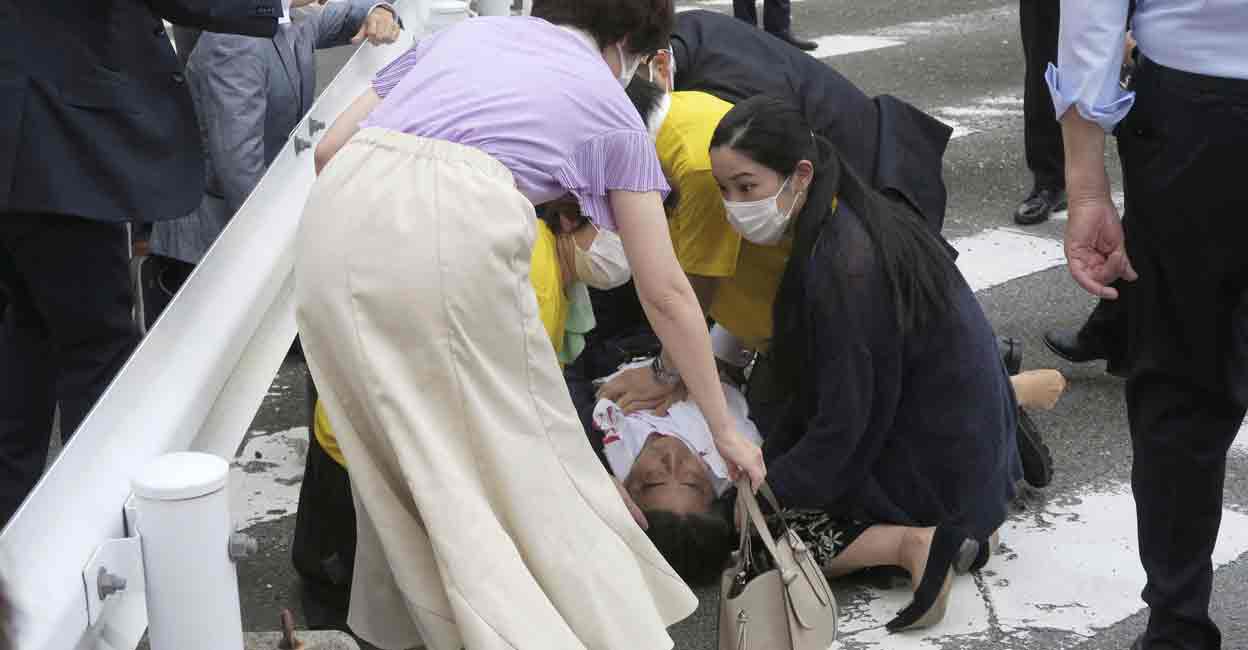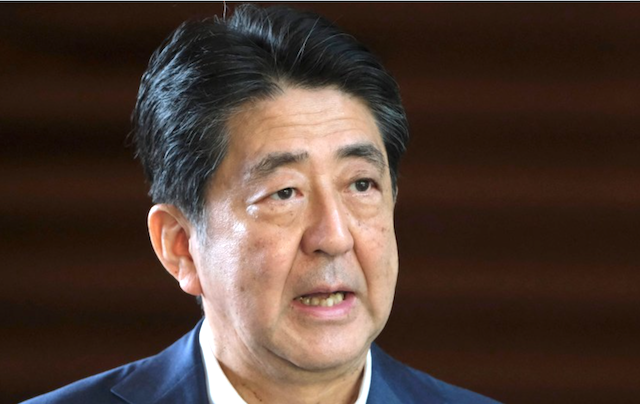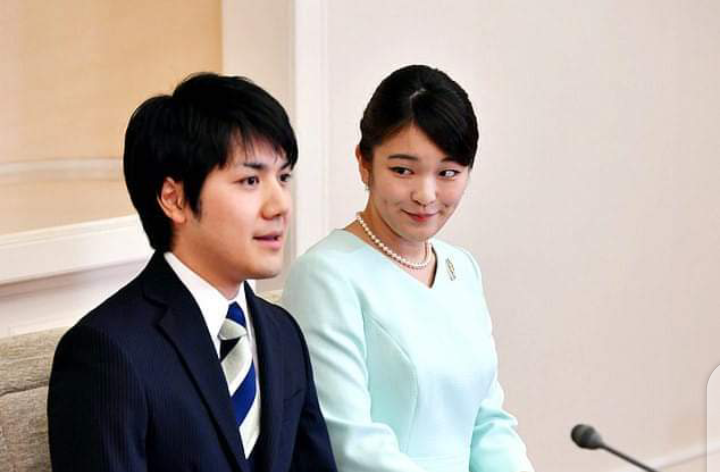The National Agency for Science and Engineering Infrastructure (NASENI) has signed a Memorandum of Understanding (MoU) with Israeli and Japanese companies to commence assembling and manufacturing environmentally friendly, green, electric and smart automobiles by 2023.
NASENI entered into partnership with the Israeli, Japanese and Nigerian companies on Thursday, in Abuja.
Israeli Ambassador to Nigeria, Michael Freeman, said that the partnership which was a combination of Israeli, Japanese and Nigerian technologies would help address the many challenges affecting the transport and environmental sectors in Nigeria.
“It is a project that is a partnership with Israeli, Japanese and Nigerian companies taking place in Nigeria.
“What is special about this project is that it is a timely project that combines Israeli technologies, Japanese technologies, Nigerian entrepreneurship and innovation together to create a project that is going to work fabulously.
“We are talking about bringing electronic Motorcycles into Nigeria which will be a programme that is green, environmentally friendly.
“It offers people a cheap way and safe way of transport and even has a technology to ensure that the motorcycles are only used for legal and appropriate purposes.
“When we look at what the problems are in the world and in also in Africa and in Nigeria, we are talking about issues of fuel scarcity, we are talking about green technology, we are talking about the need to provide cleaner, cheaper, easier transport.
‘And here we are, having Israeli and Japanese companies coming together with Nigerian partners to provide cleaner, greener, newer, exciting technology that is expected to move people, population across the country.
“I believe that a programme that is going to start in Nigeria will be successful and will go across Africa,” Freeman said.
Prof. Mohammed Haruna, Executive Vice Chairman, NASENI, lauded the collaboration which he said had come to stay and would be domesticated in the country.
Haruna said that this project Nigeria would see to the manufacturing of Nigerian made electrical vehicles in the nearest future.
“The first attempt to domesticate certain technologies in this country, especially in the automobile industry has not worked with continuous importation.
“NASENI has come into this now with the perfect partners, Japanese and Israeli companies their technologies are proven and known.
“But most importantly, Nigeria will not just be consuming this technology, we are here to make sure that we domesticate, produce and manufacture in Nigeria.
‘We are grateful and we are happy with this collaboration and we assure Nigerians that the automobile industry after this collaboration will not be the same again,” Haruna said.
Dr Ayal Raz, Representative of Israeli Company, Peramare Enterprise, said that against some perception, Nigeria was safe to invest.
“With this innovative idea, we believe is going to change so many things in the face of Nigeria.
“It will bring green energy which means cheaper cost of transport and we all know what that means for our people.
“It will give work to the people because it is industry, we are going to put a factory here, we will start with assembling then building. It will give us less pollution and greener air.
“Nigeria is safe to do business and by the special grace of God it is going to come during the first quarter of 2023, “ Raz said.
Mr Sasi Shilo, Chief Executive Officer (CEO), SIXAI, and Japanese Partner said that his company beyond production is keen on supporting the African continent, Nigeria build a sustainable nation with clean and safe technologies.
“It is very exciting moment. We have been working in the automobile industry for about half a decade, we have certified plants in fourteen different countries.
“We really want to contribute to African nation with our technology. What we want to bring is not only to produce but what we want to achieve is to support the African nation to be sustainable.
“Through our products with safety and environmentally friendly features in our technology,” Sasi said.
Hon. Wadada Aliyu, Chairman, PAN Nigeria Limited, described the initiative as historic and a starting point for technological evolution in Nigeria.
“This is historic because Nigeria is conforming with the order of the day which is green environment and memorable because NASENI has set the ball rolling.
“This synergy between Israeli, Japan, NASENI and PAN as a facility where the assembling will be done, I think the sky will be a starting point of technological evolution in Nigeria,” Aliyu said.
Newsmen reports that the project was facilitated by Nigerian company, LINKSMAN International LTD.
Mr Madisca Haruna, Managing Director, LINKSMAN International LTD said the project seeks to attain the Sustainable Development Goals (SDGs) 2030, Goal 7 which seeks to enhance international cooperation, facilitate access to clean energy research and technology.







